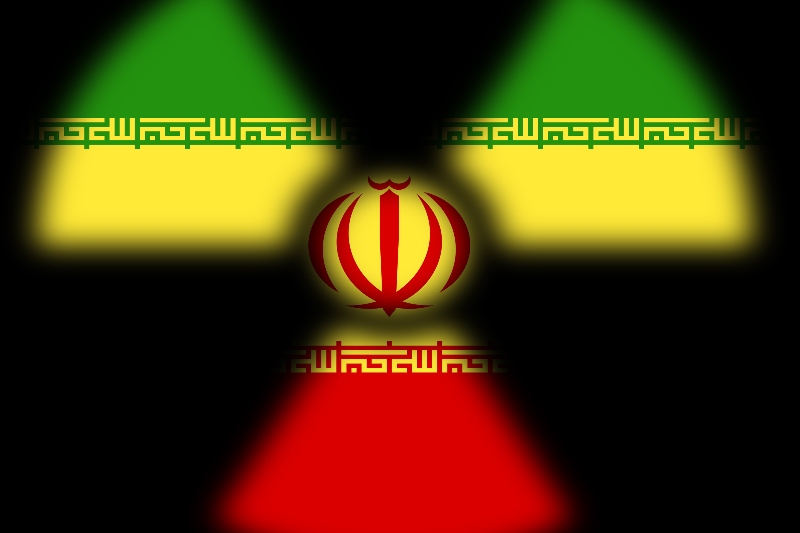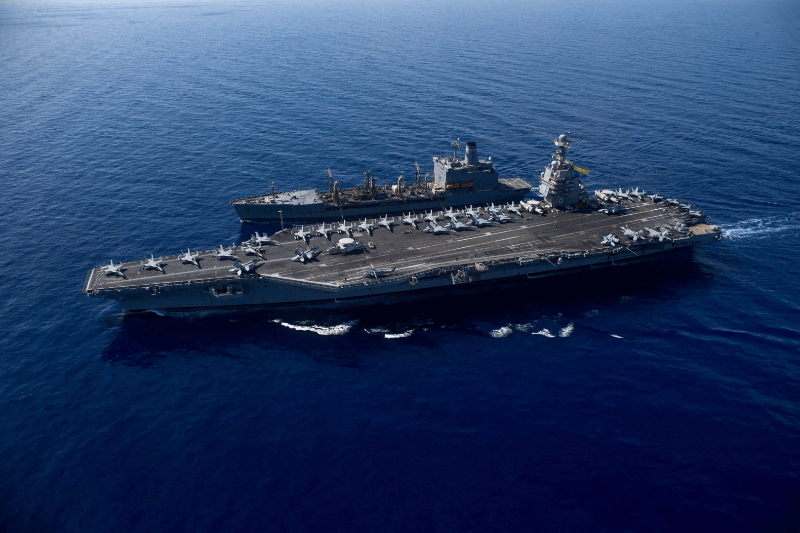
Iran admits breach of 2015 nuclear deal post IAEA inspection
Iran admits breach of 2015 nuclear deal: The recent UN nuclear weapons inspectorate found out that Iran had recently fired up its uranium enrichment centrifuges which are very advanced version, and installed underground in Natanz underground nuclear plant. The finding was confirmed and admitted by Iranian ambassador to the International Atomic Energy Association (IAEA), the UN nuclear weapons inspectorate.
According to the 2015 nuclear deal which was struck under former US President Barack Obama, the Islamic Republic of Iran is only allowed to use first generation IR-1 machines for accumulating enriched uranium in its underground plants. But the nation has been repeatedly breaching the deal, and as per the latest findings by IAEA, Tehran has been supplying Uranium Hexaflouride (UF6) to the advanced IR-2m machines.
IAEA’s previous report had said of Iran installing the IR-2m machines in its underground plants. This report was made on November 2, before Joe Biden was elected the next President of United States but the latest report, dated Tuesday, has been post Biden’s victory. The latest report by IAEA states, “On 14 November 2020, the Agency verified that Iran began feeding UF6 into the recently installed cascade of 174 IR-2m centrifuges at the Fuel Enrichment Plant (FEP) in Natanz.”
Last week President Donald Trump has been reported to contemplating, but later rejecting a military strike on Natanz, the Iranian city lying south of capital Tehran, and the Islamic Republic’s main uranium enrichment site. But latest provocative moves by Iran can potentially change his and Israel’s risk calculation and modus operandi. It is to be noted that the development comes before President-elect Joe Biden officially enters the White House, who is committed to re-enter the nuclear deal that Trump had exited from.
Iran has been consistently breaching the nuclear deal and the agreements made. Keeping that in mind, the US decision to exit from deal, Joint Comprehensive Plan of Action (JCPoA) seems a logical and natural step. Trump’s administration has in this line of action imposed various sanctions on Iran and also threatened of actions against European nations which engage with Iran for trade.
Iran currently possesses over 1000 IR-2m machines, of which it is only using 174. Under the nuclear deal, Iran is allowed to use 6000 IR-1 machines. Tehran could have a good argument point over use of the machines if it uses low number of IR-2ms, as trying to restore what it had above ground before it exploded in Natanz facility on July 2.
IAEA said last week that Tehran’s explanations were unsatisfactory regarding the nuclear program related particles were found at sites where there was no business of it to be present.
Iranian Foreign Minister, Javad Zarif, said on Tuesday that Iran will clarify its position with Biden administration. He said, “If the US implements its commitments under the UN security council resolution 2231, we will implement our commitments under the JCPoA. This can be done automatically and needs no negotiations. But if the US wants to rejoin the JCPoA then we will be ready to negotiate how the US can re-enter the deal.”




